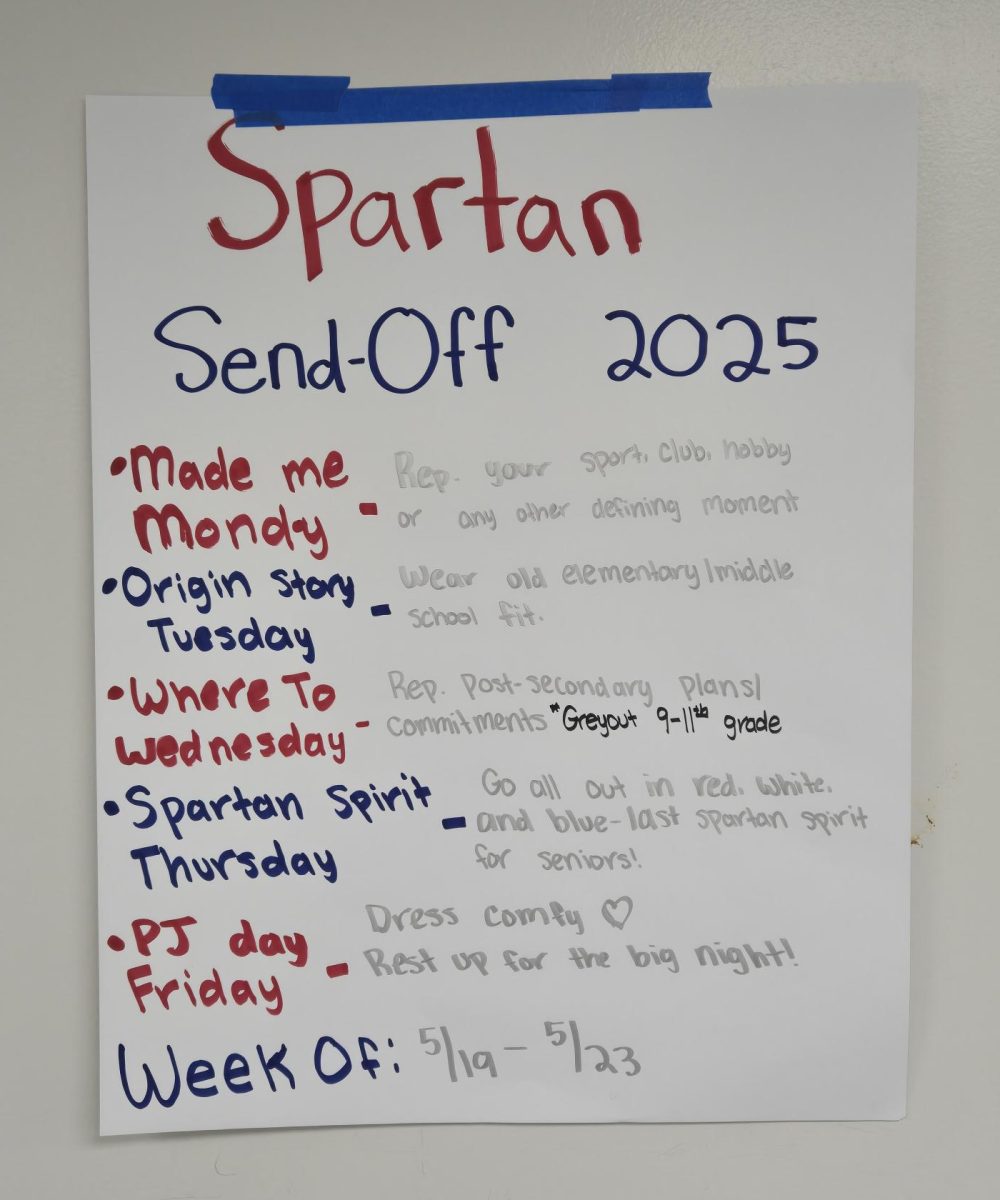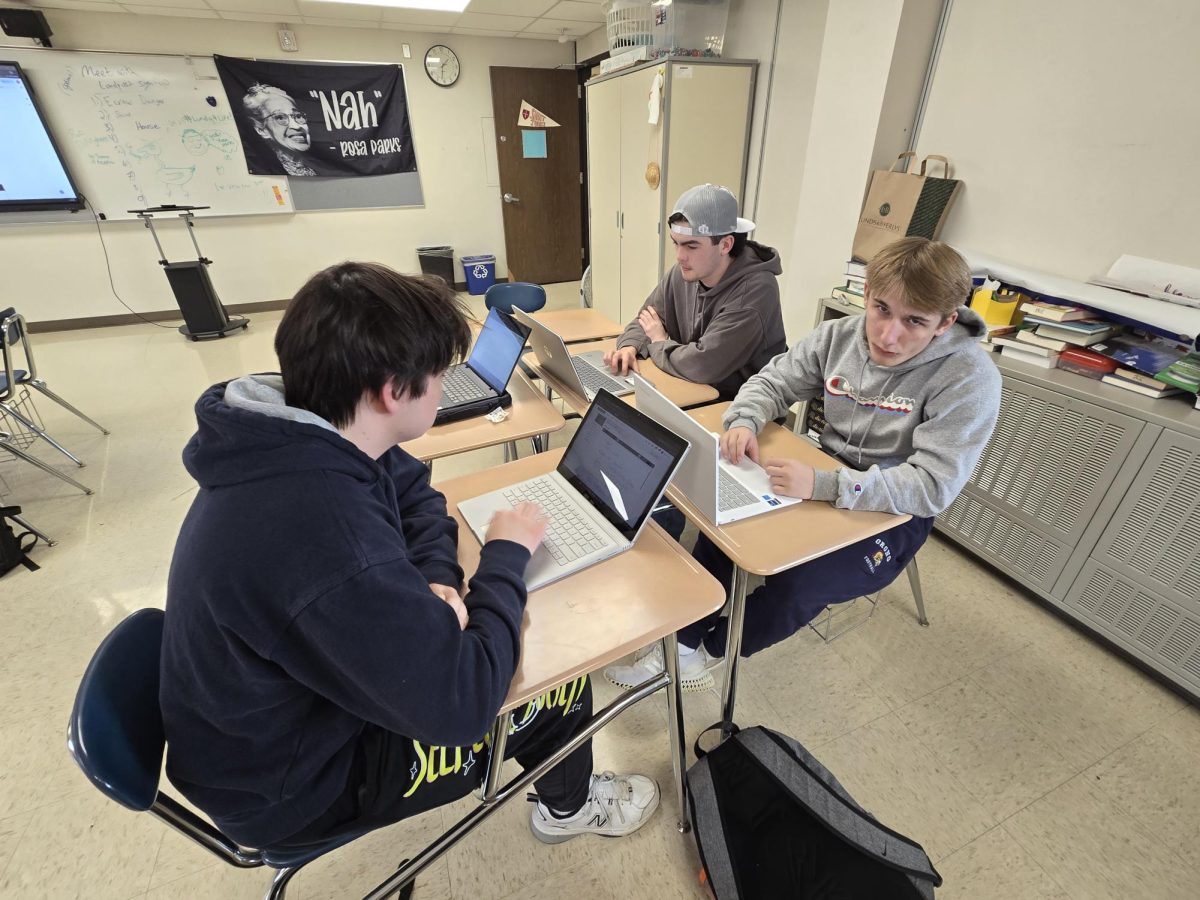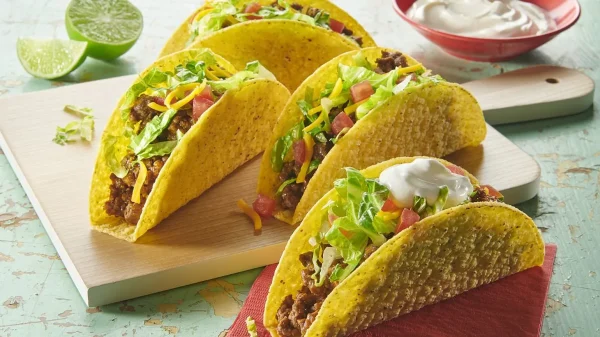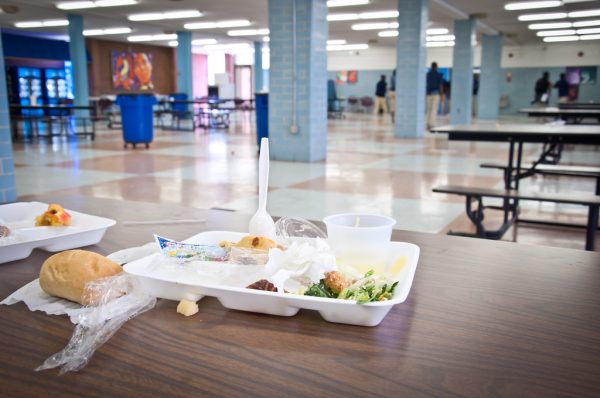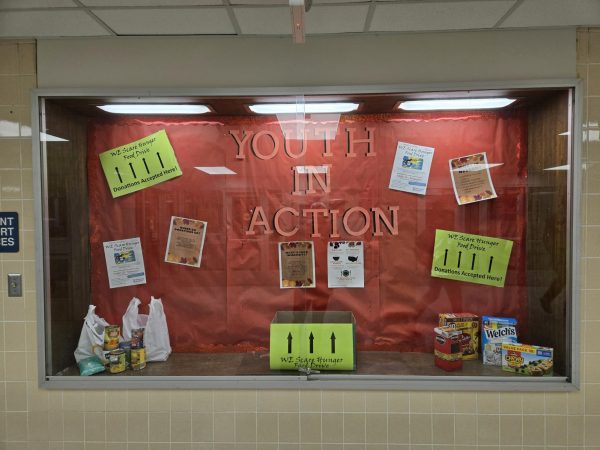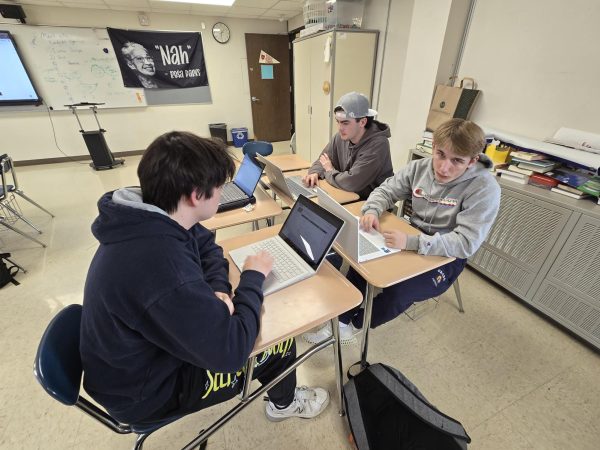Vegan Friendly?
Around 6 percent of americans self-identify as vegan according to a Global Data report. It goes on to say that in the U.S, the vegan lifestyle has risen over 600 percent in the last three years, however children and teens contribute a lot to that number. One in 12 families have decided to start raising their children vegan, according to LiveKindly.
To be vegan means a lot more than a diet. Veganism is a lifestyle in which people remove all items in their lives that originate from animals. This includes; meats, dairy, eggs, wool, leather, honey, etc. according to Vegan.com.
“I chose this lifestyle because it is better for the environment, it’s beneficial to the body, and because of my morals concerning animal cruelty,” senior Gabriella Bann said.
Due to specific diet restrictions, many people have questioned the nutritional side of being vegan. Chris Kresser, named one of the most influential people in health and fitness by Greatist.com, felt strongly about the nutrition side of veganism. He believes vegan diets, in some ways, are almost completely deprived from specific nutrients that are necessary for physiological function.
“At school it’s hard to get normal nutrition because they don’t have really any options but other places it is a lot easier,” junior Grace Larsen said.
Although the numbers are growing, not all schools, restaurants, and/or retailers provide vegans with the proper lifestyle. Orono High School does not provide a vegan option in the cafeteria. The school does provides certain dietary restricted items, but does not have a full meal plan for those specific students.
Students need to be diagnosed with a letter from a doctor in order to obtain special menu accommodations, according to Orono Nutritional Services. However, choosing to go vegan is not always associated with a medical affiliation.
Despite the struggling lack of meal variety from the school, students also receive a lot of backlash about the lifestyle they are pursuing.
Past vegan and now present vegetarian, Ginny Morrison, experienced moments of teasing. “I find it hard to completely commit to it now because I hate ‘being picky,’ but later down the line I plan to again,” senior Ginny Morrison said, “My brothers used to pick on me for it, but they don’t seem to care anymore.”
It is projected by Plant Based News, that the meat-alternative market will reach $5.2 billion by 2020. The non-dairy milk market is predicted to reach $11 billion by 2019. In the UK alone, plant-based food has gone up 1,500 percent in the last year, according to the same site.
Many experts advise companies to become plant-based. According to CB insights, seven of the 15 largest funded food startups are now plant-based and the number is only growing. Here in Minneapolis alone we have a huge variety of vegan restaurants.
“My favorite vegan restaurant is Hard Times Cafe.” Larsen said. “My favorite is Agriculture,” Morrison said. Bann choose J. Shelby’s which are all located in Minneapolis or St. Paul.
As the numbers grow globally, it can be expected to see more vegans or animal cautious eaters here in Orono, too.
“Some of my friends have followed me by taking action on being more conscious in what they consume and following healthier lifestyles. Also, some of my friends have become vegetarian with my guidance,” Bann said.
If the numbers keep growing at this rate, veganism could be here to stay.
“I’ve noticed a lot more people becoming vegetarian, even my sister is too,” Larsen said.





